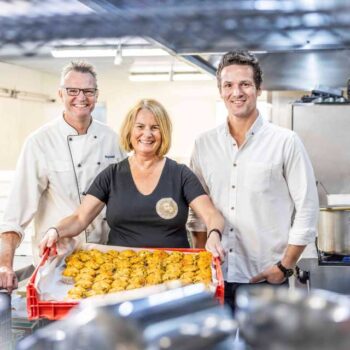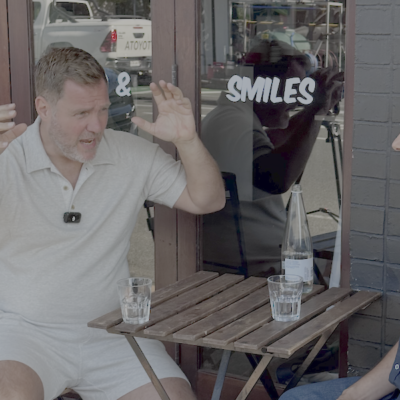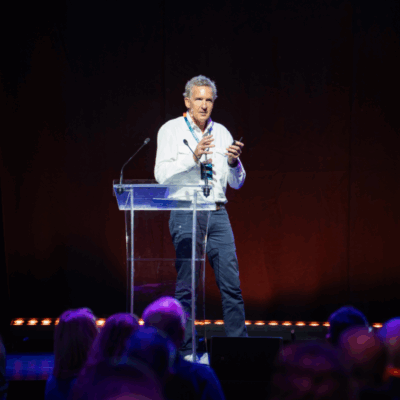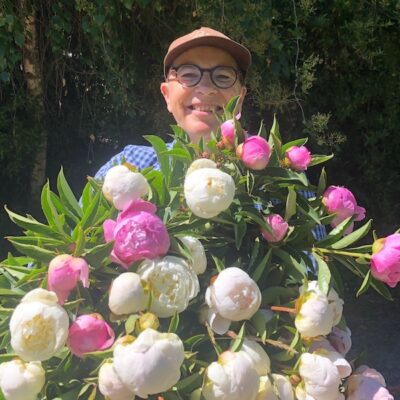Sustainable tourism haven thrives on West Coast
In the lush, remote landscape of Karamea, the ‘Last Resort’ has evolved from a humble ‘paddock in the middle of nowhere’ into an iconic, sustainable tourism destination. The Last Resort […]
In the lush, remote landscape of Karamea, the ‘Last Resort’ has evolved from a humble ‘paddock in the middle of nowhere’ into an iconic, sustainable tourism destination.
The Last Resort Karamea was built between 1991 and 1993.
“Some of the locals thought that the developer was kind of crazy, bringing tourism to a paddock in the middle of nowhere,” says Maggie Seeman, the resort’s current owner.

The construction utilised rimu and other locally sourced native timbers.
“They were all collected from the Oparara Basin, they were hauled out by helicopter and it was sawn in the local timber mill here – it’s been operating in Karamea since the early fifties.”
The resort has evolved significantly since its inception. From its original rimu-laden structures, it expanded to include a motel complex and a Spanish-themed area, complete with cottages and a large conference centre.
Maggie proudly highlights the resort’s environmental initiatives. “We’re really pushing for eco-friendly products. No plastic usage, recycling, using borrowed and shared light. Encouraging people to conserve water and just be more conscious of how they actually are living even at the resort.”
“There are no laundry facilities anywhere close to us. We would have to send laundry 400 to 500 kilometres to get it laundered, so we have to run everything and we have to run a commercial laundry here on site, which is another big undertaking.”
The resort has revamped its laundry operations, reducing costs by over 50 percent through the use of energy-efficient machines.
Food waste at the Last Resort doesn’t go to waste either; it is collected by a local farmer, further integrating the resort into the community’s eco-system.
The isolation of Karamea has also driven the resort to implement measures to ensure its future resilience.
“We have the complexity of having a large hill, the bluff, and occasionally we can be closed off due to slips, explains Maggie. “So when the road is closed, we need to be a lot more self-sufficient. We futureproof for that too.”
This includes maintaining ample stock and growing their own herbs and vegetables, embracing a garden-to-plate philosophy.
“We try to source local wherever possible. That also reduces our carbon footprint,” Maggie says in reference to all the food businesses starting up in Karamea.
For guests seeking adventure or relaxation, the Last Resort offers a plethora of activities. Nestled by the Karamea River, the resort is an ideal spot for fishing, whitebaiting and boating, with easy access to a boat ramp. Over 20 hiking and cycling trails cater to outdoor enthusiasts, offering an immersive experience in New Zealand’s breathtaking natural landscapes.






